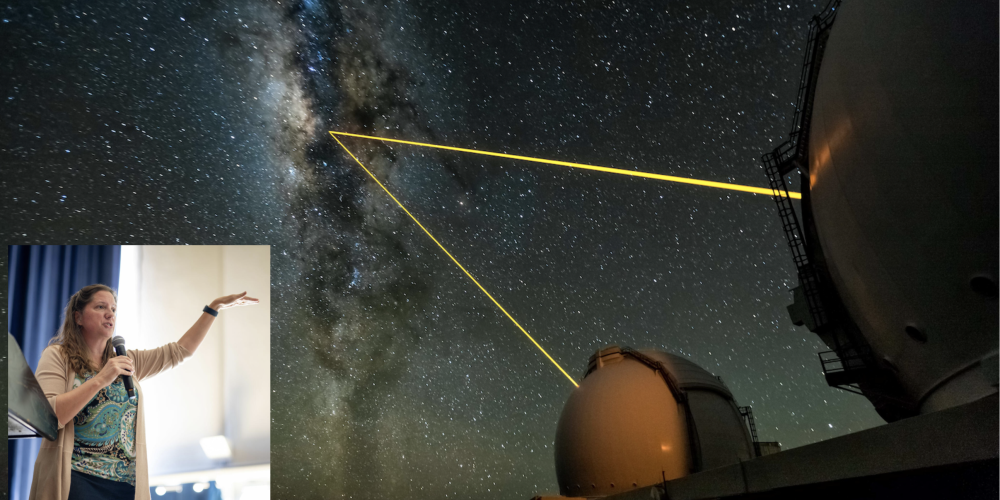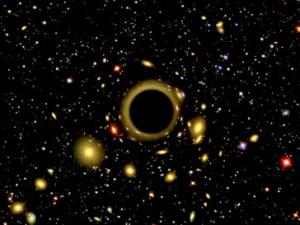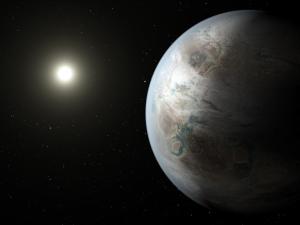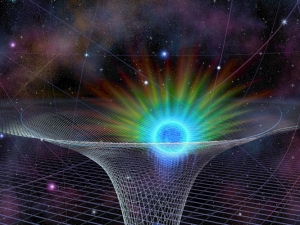

Research Bio
Jessica Lu runs the Moving Universe Lab (MULab), which searches for free-floating stellar-mass black holes in our Milky Way galaxy using gravitational lensing. Her group also studies how the birth, life, and death of stars changes in extreme environments such as in massive young clusters and around the supermassive black hole at the Galactic Center. These areas of research require high resolution images, time-domain photometry (star brightness), and precise astrometry (star positions). The MULab utilizes observations and measurements from both space telescopes such as Hubble, JWST and ground-based telescopes equipped with adaptive optics (AO) such as the W. M. Keck Observatory. Adaptive optics is a technology that corrects the blurring effects of the Earth's atmosphere to produce sharper images of the Universe. Prof. Lu works on several instrumentation teams that aim to improve AO on the ground including the Thirty Meter Telescope IRIS instrument, the 'imaka project to test very wide-field AO, and the W.M. Keck Observatory AO systems. Prof. Lu also works on improving astrometry and photometry with the Roman Space Telescope and leads the CuRIOS satellite constellation project with the Space Sciences Laboratory to continuously monitor most of the sky for transient events associated with black hole and star microlensing, mergers, or explosions. Finally, Prof. Lu also co-leads the AstroTech instrumentation summer school aimed at broadening participation in the development and construction of astronomical instrumentation.
Research Expertise and Interest
black holes, star and cluster formation, galactic centers, adaptive optics, astronomy, instrumentation, infrared instrumentation, astrometry




